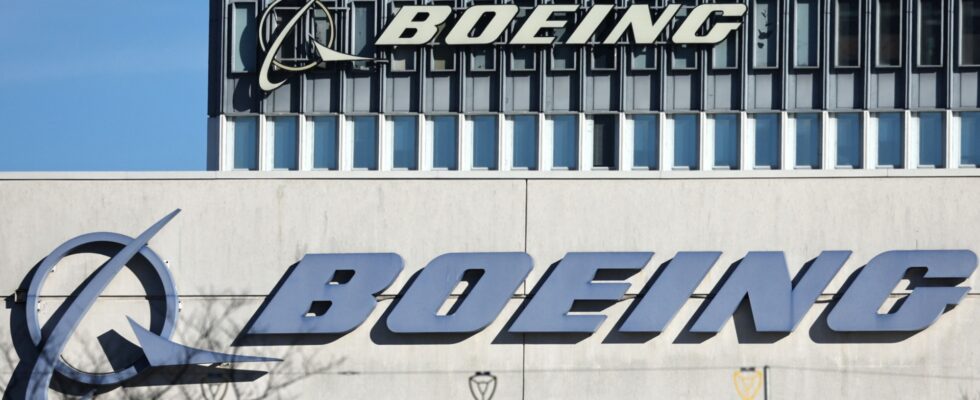The American aircraft manufacturer Boeing, at the heart of several investigations after a series of incidents and production problems, has ordered its employees to take “immediate actions” intended to strengthen the quality and safety of its operations. Stan Deal, head of Boeing’s commercial aviation branch, spoke in a message to employees on Tuesday about the audit carried out by the United States Civil Aviation Agency (FAA) after an in-flight incident on January 5 as well as that the report of a commission of independent experts, appointed by the FAA, published at the end of February and covering the period March 2023-February 2024.
“We used your feedback, along with that of our regulator and our customers, to take immediate action to strengthen our safety and quality,” Deal said. “These actions are at the center of the comprehensive plan that we will soon submit to the FAA,” he added, referring to the document that Boeing must submit to the regulator within 90 days to remedy what it called “systemic quality control issues.” “The vast majority of non-compliances (identified) during the audit related to non-compliance with our approved processes and procedures,” noted Mr. Deal.
Consequently, the manufacturer intends to meet with each employee concerned for additional training, set up weekly compliance checks or even provide a period of time during each shift to check quality, tools, etc. These actions will be in addition to the measures taken in recent weeks, including additional inspections. Daily life New York Timesreferring to internal documents, reported Tuesday that 89 items were audited by the FAA and that Boeing failed on 33 of them, with 97 non-compliance issues identified.
Security gaps
He cites the example of a hotel magnetic card used to check the seal of an airplane door and dishwashing liquid as a lubricant to install it. For its part, the commission concluded that Boeing’s safety system presented shortcomings, notably relating to “complex” procedures that sometimes sowed “confusion” among employees. It issued 53 recommendations to remedy the 27 unsatisfactory findings.
“Our teams are working to simplify and streamline our processes,” said Mr. Deal, while calling on employees to act now. “Follow precisely every step of our manufacturing procedures and processes,” he instructed them. “We can and we should update (…) but, in the meantime, we must follow those that exist,” he insisted. In addition, “always be on the lookout for a potential security risk or quality failure,” continued Mr. Deal, recalling the internal reporting system.
According to him, additional inspections have been put in place at Spirit Aerosystems, which notably supplies him with fuselages. After reported production problems throughout 2023, the manufacturer has been in the hot seat since an Alaska Airlines 737 MAX 9 lost a cap holder in flight on January 5. The FAA and the American Transportation Safety Agency (NTSB) have notably launched investigations and, according to American media, the Department of Justice has opened a criminal investigation.
On January 19, an Atlas Air 747 freighter made an emergency landing in Miami (Florida) after an “engine fire” shortly after takeoff. In late February, United Airlines pilots reported that the rudder pedals of their 737 MAX were stuck after landing in Newark, New Jersey. On March 7, a Boeing 777 made an emergency landing in Los Angeles (California) after losing a tire on takeoff. Separately, an investigation was launched on Tuesday in New Zealand after a Latam 787 Dreamliner suddenly lost altitude, injuring numerous passengers.
